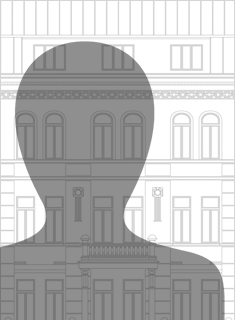In the two decades following the end of the Cold War, intellectual interaction between Russia and Europe intensified considerably. More recently, however, there has been a constant failure to engage in a common conversation. Europe’s debate on Russia focuses solely on what Russia lacks–democracy, the rule of law, modernization processes–and tends to view the Putin regime as a “paperback edition” of the Soviet Union. At the same time, the Russian public debate is far from immune to conspiracy theories when trying to explain the changes in the modern world.
There is an urgent need for re-engagement between the Russian debate on the global future and the European debate on the choices that Russia faces. With Russia’s recent return to power politics and the fears of a new Cold War that has awakened in the West, this need is even more acute. The project Eurasia in Global Dialogue is a response to this.
The project builds on the constructive results of work already done between 2011 and 2018. Phases 1 and 2 (2011-2016) brought Russians from different academic disciplines, as well as from the media, think tanks and cultural institutions to Vienna in order to engage them in intellectual exchange and public debate with their western counterparts.
In Phase 3 (2016-2018), the project’s scope was expanded to include Turkey. The current, fourth, phase, represents the logical continuation of these efforts in view of new and ongoing developments. The aims of the project are of enormous importance in times of growing tensions and alienation; they are three-fold:
- To offer a better understanding of the dynamics between domestic and foreign policy in different types of illiberal regimes on the Eurasian continent and the impact of this dynamics on the entire region;
- To promote dialogue and networks between and among various Eurasian countries and the West; and, thirdly,
- To develop new policy options for the EU with respect to Eurasia.
Fellowships within this program are offered by invitation only to senior fellows with a research stay of one month.
A research focus led by IWM Permanent Fellow Ivan Krastev.
Clemena Antonova
Research Director, Eurasia in Global Dialogue
fellowships(@)iwm.at













